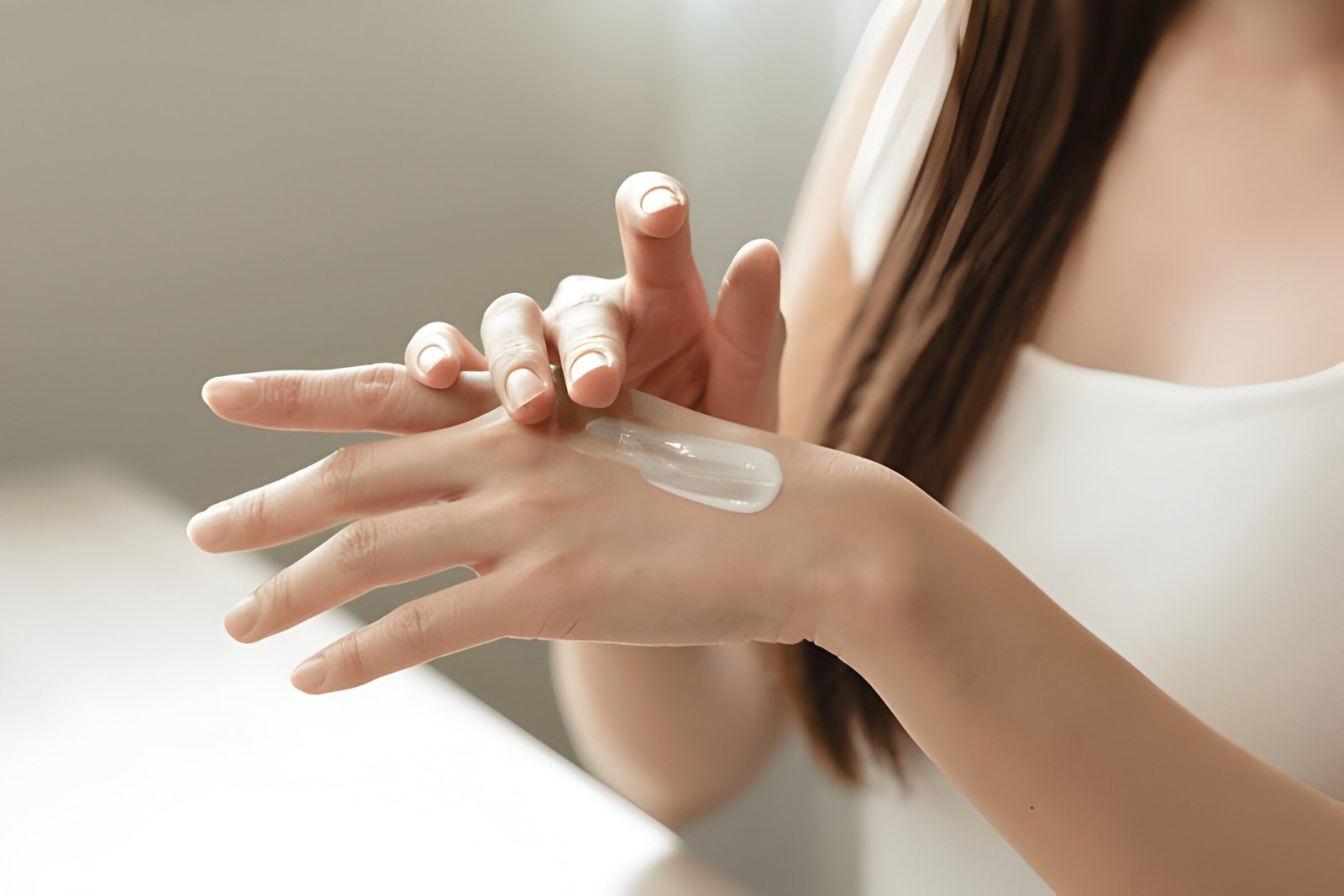The quest for flawless, radiant skin has led many to explore skin whitening creams as a solution. These products promise to lighten skin tone, reduce age spots, and create a more even complexion. With an ever-growing market, consumers are faced with a multitude of options, each claiming to deliver remarkable results. However, the effectiveness and safety of these creams have become topics of intense debate in recent years.
As the popularity of skin whitening creams continues to rise, it’s crucial to understand their ingredients, potential benefits, and possible side effects. This article aims to shed light on the top skin whitening creams available, explore their impact on skin tone, and discuss important safety considerations. By providing a comprehensive overview, readers will be better equipped to make informed decisions about using these products and maintaining healthy, glowing skin.
Understanding Skin Whitening Creams
What are skin whitening creams?
Skin whitening creams, also known as bleaching creams or skin brighteners, are products designed to lighten skin tone and reduce pigmentation. These creams are commonly used to treat various skin issues, including age spots, acne scars, melasma, and discoloration related to hormones. Some individuals also use them to achieve an overall lighter complexion.
How do they work?
Skin whitening creams function by reducing the amount of melanin in the skin. Melanin is the pigment responsible for determining skin, hair, and eye color. These products typically contain ingredients that inhibit tyrosinase, an enzyme involved in melanin production. By decreasing melanin synthesis, skin whitening creams can lighten dark areas and create a more even skin tone.
Common ingredients
Popular ingredients in skin whitening creams include:
- Hydroquinone: Considered the gold standard for skin lightening
- Retinoids: Enhance skin turnover and disperse pigment granules
- Vitamin C: A natural skin lightening agent and antioxidant
- Alpha Arbutin: A safer alternative to hydroquinone
- Kojic Acid: Derived from fungi, it inhibits tyrosinase
- Niacinamide: A form of vitamin B3 that hinders melanin transfer
These ingredients work to reduce pigmentation and promote a more even skin tone.
Top Skin Whitening Creams
Best overall cream
Meladerm stands out as the top choice for most people. It effectively treats hyperpigmentation without using common irritating ingredients. Vegan and cruelty-free, Meladerm offers good value despite its higher price point.
Best budget option
Neutrogena Rapid Tone Repair Retinol + Vitamin C Correcting Cream provides an affordable option for those seeking anti-aging benefits along with skin brightening effects. Its formula includes retinol, a well-researched ingredient for reducing fine lines and wrinkles.
Best for sensitive skin
Acure Brightening Day Cream and Serum is ideal for those with sensitive skin. The company offers a generous 365-day money-back guarantee, allowing customers to try the product risk-free.
Best natural ingredient cream
Andalou Naturals Probiotic + C Renewal Cream contains well-researched natural ingredients for skin brightening. It’s vegan, gluten-free, and offers a subscribe-and-save option for additional savings.
Safety Considerations
Potential side effects
Skin whitening creams can have serious health implications. Some products contain dangerous levels of mercury, which can damage kidneys, affect the nervous system, and cause pain or rashes. Pregnant women and children are particularly vulnerable to mercury exposure. Even when symptoms aren’t visible, mercury can harm unborn babies. Hydroquinone, another common ingredient, may cause rashes, facial swelling, and permanent skin discoloration.
FDA regulations
The FDA allows only trace amounts of mercury (one part per million) in cosmetic products. However, some tested products contained up to 33,000 parts per million. The FDA prohibits over-the-counter sale of products containing hydroquinone or mercury. Consumers should avoid products with handmade labels, non-English labels, or no labels at all, as these may violate FDA regulations.
Safe usage guidelines
To use skin lightening creams safely, follow these steps:
- Properly wash and cleanse your face with warm water.
- Gently exfoliate and dry your skin with a soft towel.
- Apply the cream in light, circular motions until absorbed.
- Be patient, as results take time.
- Always check product labels for harmful ingredients.
- Discontinue use immediately if adverse reactions occur.
Conclusion
Skin whitening creams have a significant impact on the beauty industry, offering solutions for those seeking to lighten their skin tone or address pigmentation issues. While these products can be effective, it’s crucial to approach their use with caution. The market is filled with options, ranging from high-end formulations to budget-friendly alternatives, each with its own set of ingredients and potential benefits. However, the safety concerns surrounding some ingredients, particularly mercury and hydroquinone, cannot be overlooked.
To use skin whitening creams safely, it’s essential to carefully read product labels and stick to FDA-approved options. Following proper application techniques and being patient with results can help achieve desired outcomes without risking skin health. Remember, what works for one person may not work for another, so it’s wise to consult with a dermatologist before starting any new skincare regimen. By staying informed and prioritizing skin health, individuals can make smart choices in their quest for a brighter, more even complexion.
FAQs
What is the most effective ingredient for skin whitening?
Hydroquinone (HQ) is widely regarded as the most effective agent for skin lightening. It is often more effective when used in combination with a steroid cream and tretinoin compared to its use alone. While generally considered safe, it can have side effects and requires pre-market approval by the Health Sciences Authority (HSA).
Which skin whitening cream is recommended?
The answer to this question is not provided in the original input. For a comprehensive recommendation, consider consulting with a dermatologist or researching products that contain effective ingredients such as hydroquinone or vitamin C.
Do whitening creams actually work?
The answer to this question is not provided in the original input. However, the effectiveness of a whitening cream largely depends on its active ingredients and your skin type. Ingredients like hydroquinone and vitamin C have been noted for their efficacy.
What is the best ingredient to look for in a skin whitening cream?
Vitamin C, particularly in the form of Ascorbic Acid, is highly recommended for skin lightening. As a potent antioxidant, it not only inhibits the synthesis of melanin but also helps in reducing the appearance of hyperpigmentation and dark spots.











